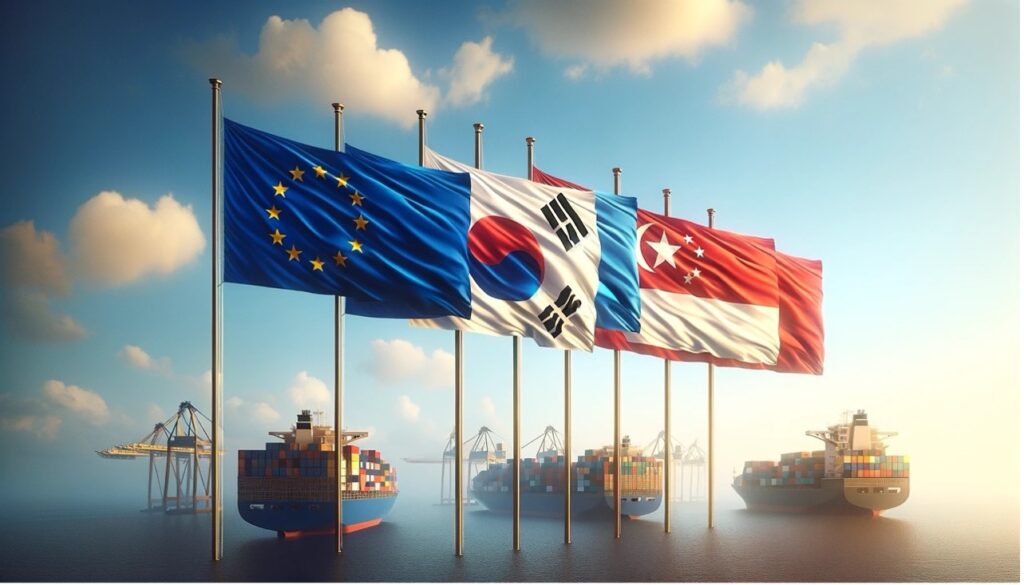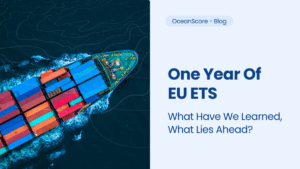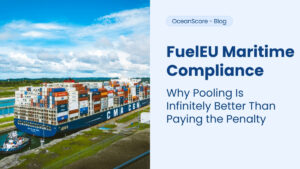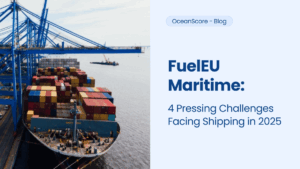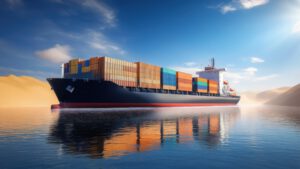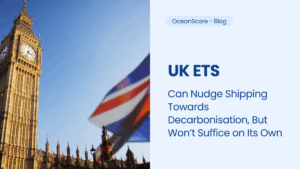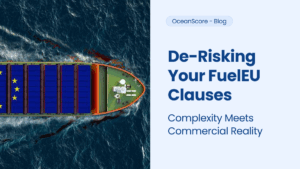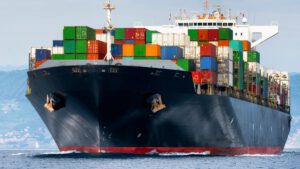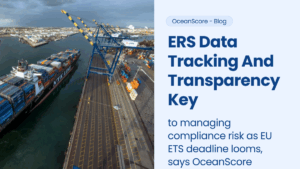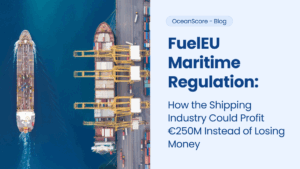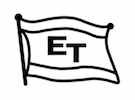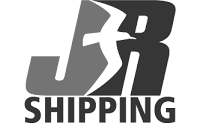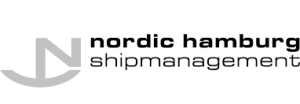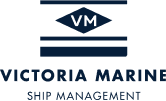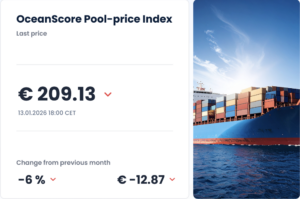Why EU ETS and FuelEU Matter to Asian Shipowners
Although both EU ETS and FuelEU Maritime were designed as European measures, their impact is global. Any vessel calling at a European port, regardless of flag or ownership, now falls under these frameworks.
For many Asian owners and managers, this has introduced a new layer of complexity: monitoring and reporting verified emissions data, allocating costs between owners and charterers, and managing the resulting compliance exposure under EU rules. These are no longer purely administrative tasks; they influence chartering decisions, trading routes, and commercial planning.
Why Compliance Can Be More Complex in Asia
Fewer European Voyages, Higher Complexity
Most Asian operators have fewer voyages to or from the EU. That means less direct experience with EU-based regulatory systems, fewer opportunities to build internal expertise, and limited access to the informal guidance and cluster knowledge available in Europe. As a result, compliance obligations can feel more fragmented and reactive.
Administrative and Operational Barriers
Setting up Union Registry accounts, managing Monitoring, Reporting, and Verification (MRV) processes, and preparing for FuelEU pooling often require coordination across multiple time zones, institutions, and languages. Pooling under FuelEU Maritime is open globally, but aligning charter-party clauses and reporting workflows is often more complex for non-European operators. Even small delays in verification or data transfer can impact timelines for ETS surrender or FuelEU reporting.
OceanScore’s Approach: Closer to the Shipping Community
Building Partnerships in Asia
OceanScore has responded by strengthening its presence and engagement across Asia.
We are:
Members of the Singapore Shipping Association
Regular contributors to Marine Money, Smart Maritime Network, and Hong Kong Maritime Week
Collaborating with our investor, Motion Ventures and other regional partners
By staying close to local markets, we ensure that compliance knowledge, regulatory updates, and best practices are available where they are most needed — within the region.
Compliance Solutions for Regional Needs
More than 900 vessels already use OceanScore’s Compliance Manager, our integrated platform covering both EU ETS and FuelEU Maritime requirements.
It provides:
Automated data and cost allocation workflows
Real-time tracking of EU ETS and FuelEU exposure
Verified data integration with leading verifiers such as DNV and ClassNK
OceanScore’s growing presence in Singapore and upcoming expansion into Japan ensure regional support, faster onboarding, and consistent service within the same time zone.
Looking Ahead: Preparing for 2026
With EU ETS reaching 100 % phase-in and the UK ETS expected to start mid-2026, precision and timing will become even more critical. For FuelEU Maritime, 2026 marks the first full verification and pooling cycle, including potential penalties for uncovered deficits.
Asian owners and managers who establish structured, data-driven workflows early will reduce administrative risk and gain financial clarity across fleets, charters, and trading activities.
Turning Compliance into Advantage
Compliance under EU ETS and FuelEU Maritime will remain complex — particularly for shipowners and managers outside Europe. But with the right structure, verified data, and automation, it becomes a strategic advantage rather than an administrative burden.
At OceanScore, we continue to work closely with the shipping community in Asia to make compliance efficient, transparent, and informed, turning regulatory obligations into commercial advantage.

